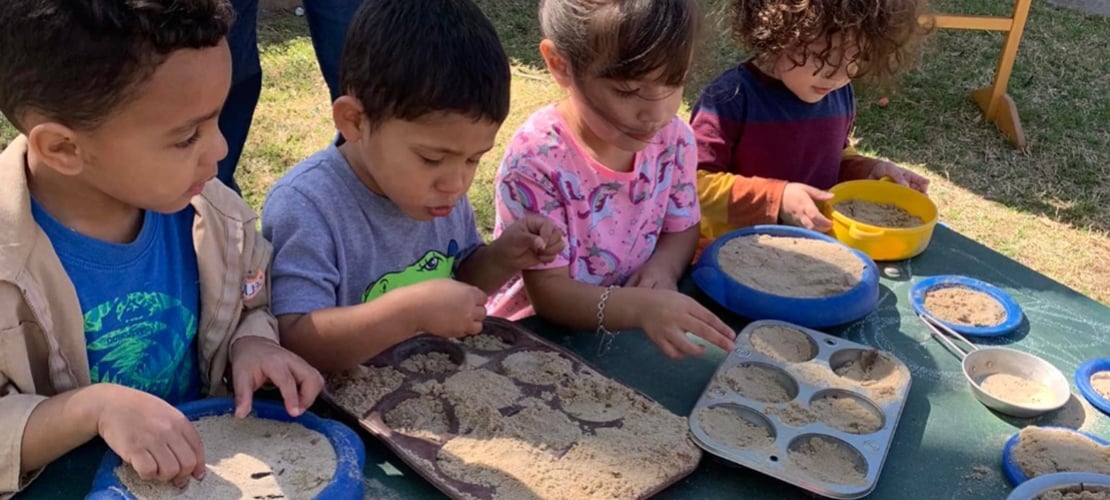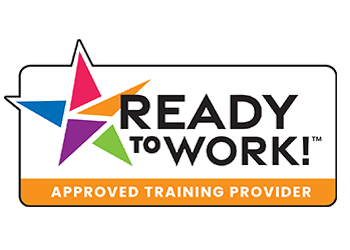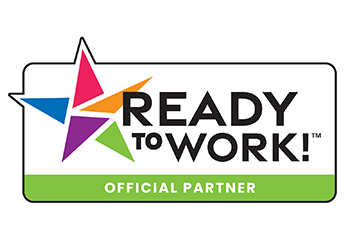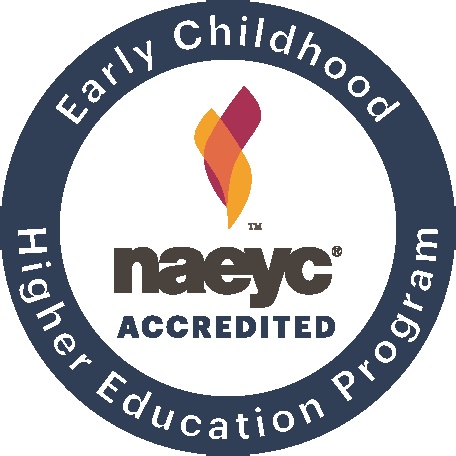
Early Childhood Studies
Teach academic, social, and life skills to preschool-aged students with learning, emotional, or physical disabilities. Includes teachers who specialize and work with students who are blind or have visual impairments; students who are deaf or have hearing impairments; and students with intellectual disabilities.
|
Jobs available locally 159 |
Demand Locally +1 % |
Annual Wage Range $28,362 – $75,172 |
Teach courses pertaining to the culture and development of an area, an ethnic group, or any other group, such as Latin American studies, women's studies, or urban affairs. Includes both teachers primarily engaged in teaching and those who do a combination of teaching and research.
|
Jobs available locally 10,258 |
Demand Locally +1 % |
Annual Wage Range $50,998 – $214,067 |
Instruct preschool-aged students, following curricula or lesson plans, in activities designed to promote social, physical, and intellectual growth.
|
Jobs available locally 4,124 |
Demand Locally +2 % |
Annual Wage Range $25,818 – $73,062 |
Program Level:
Degrees, Certificates
Program Type:
Face-to-Face
Department:
Social, Cultural, and Behavioral Studies
Institute:
Public Service
College:
SAC
 |
 |
One or more of these programs are approved Ready to Work programs. Find out if you’re eligible to receive free tuition and job placement services that will enable you to secure an in-demand career. |
What is the Early Childhood Studies program?This two-year degree program prepares you for a career as an early childhood educator working with young children and their families. What will I learn?You’ll learn about child learning and development from birth through age 8. You’ll understand developmentally effective approaches with young children and learn how to effectively observe and assess students. You will also learn how to stay current in early childhood education research and to be an advocate for children in the home, the workplace, the community and at the national level. In addition, students will have multiple opportunities to observe and practice in at least two of three early childhood age groups (birth - 3, 3-5, 5-8). What can I do with this course of study?TThis program will prepare you to transfer to a four-year university to continue your ECE studies or to enter the workforce in a teaching position in many different settings, such as childcare centers, preschools and elementary schools. Other possibilities include working with families in in-home settings. |
What's special about this program?The A.A.S. Early Childhood Studies Program at San Antonio College is accredited by the Commission on the Accreditation of Early Childhood Higher Education Programs of the National Association for the Education of Young Children (NAEYC). The current accreditation term runs from March 2023 through March 3030. SAC’s Early Childhood Center, which serves as a training laboratory for ECS students is accredited through NAEYC Early Learning Programs. The center provides childcare services on campus for SAC students, faculty and the community.
|
- Early Childhood Studies, A.A.S.
- Early Childhood Studies, Level II Certificate
- Early Childhood Administration Certificate – Level 1
The ECS program substitutes the Child Development Associate (CDA) credential for TECA 1318 and CDEC 1380. The student must provide a copy of the CDA to the Early Childhood Studies program for course substitution.
-
Terri Sinclair
Associate Professor/Program Coordinator tsinclair@alamo.edu (210) 486-0521Lisa Coronado
SCBS Department Chair
lcoronado41@alamo.edu (210) 486-1094Ana DeHoyos O'Connor
Professor/Community Liaison
(210) 486-0509
aoconnor9@alamo.eduAnn Coldwater
Assistant Professor/CCAMPIS Grant Program Manager
(210) 486-0508
acoldwater@alamo.edu -
Bea Canales
Academic Unit Assistant
(210) 486-0526
bcanales1@alamo.edu -
Rebekah Barnes
rschwarz@alamo.eduClaudia Castillo
cnaranjo4@alamo.eduTaisha Luckey
tluckey1@alamo.eduMandy Pelletier
mpelletier3@alamo.eduKimberly Villarreal
klezama@alamo.eduTennell Harris
Tharris4@alamo.edu
For information about SAC's Early Childhood Center, visit
